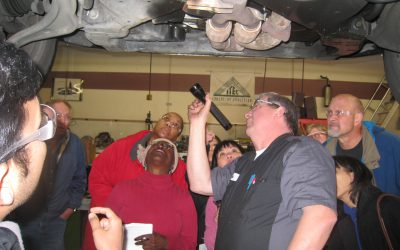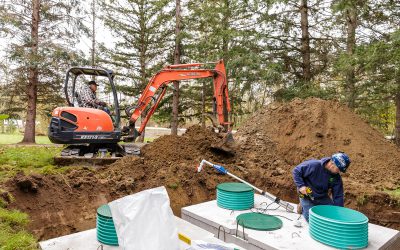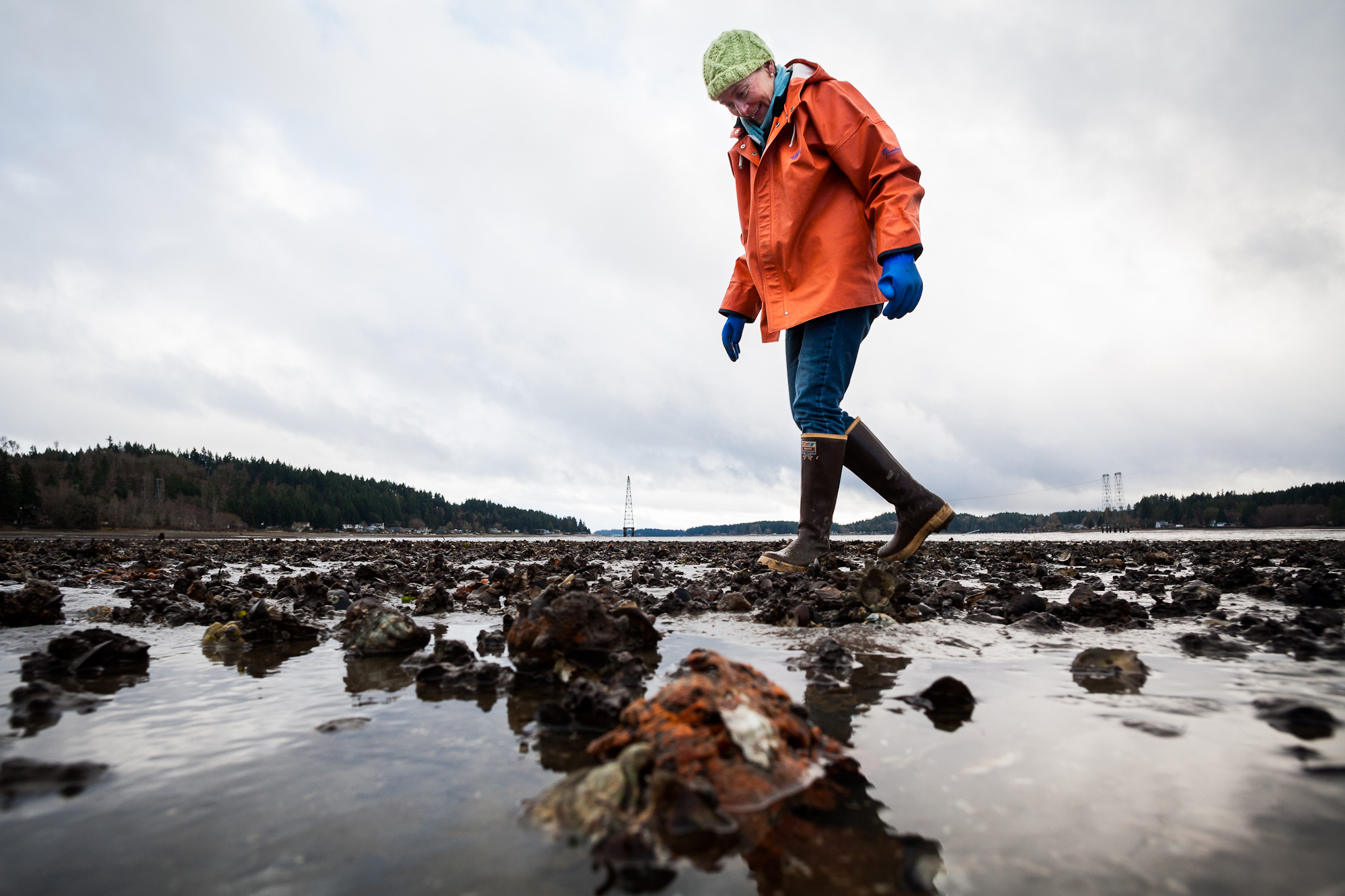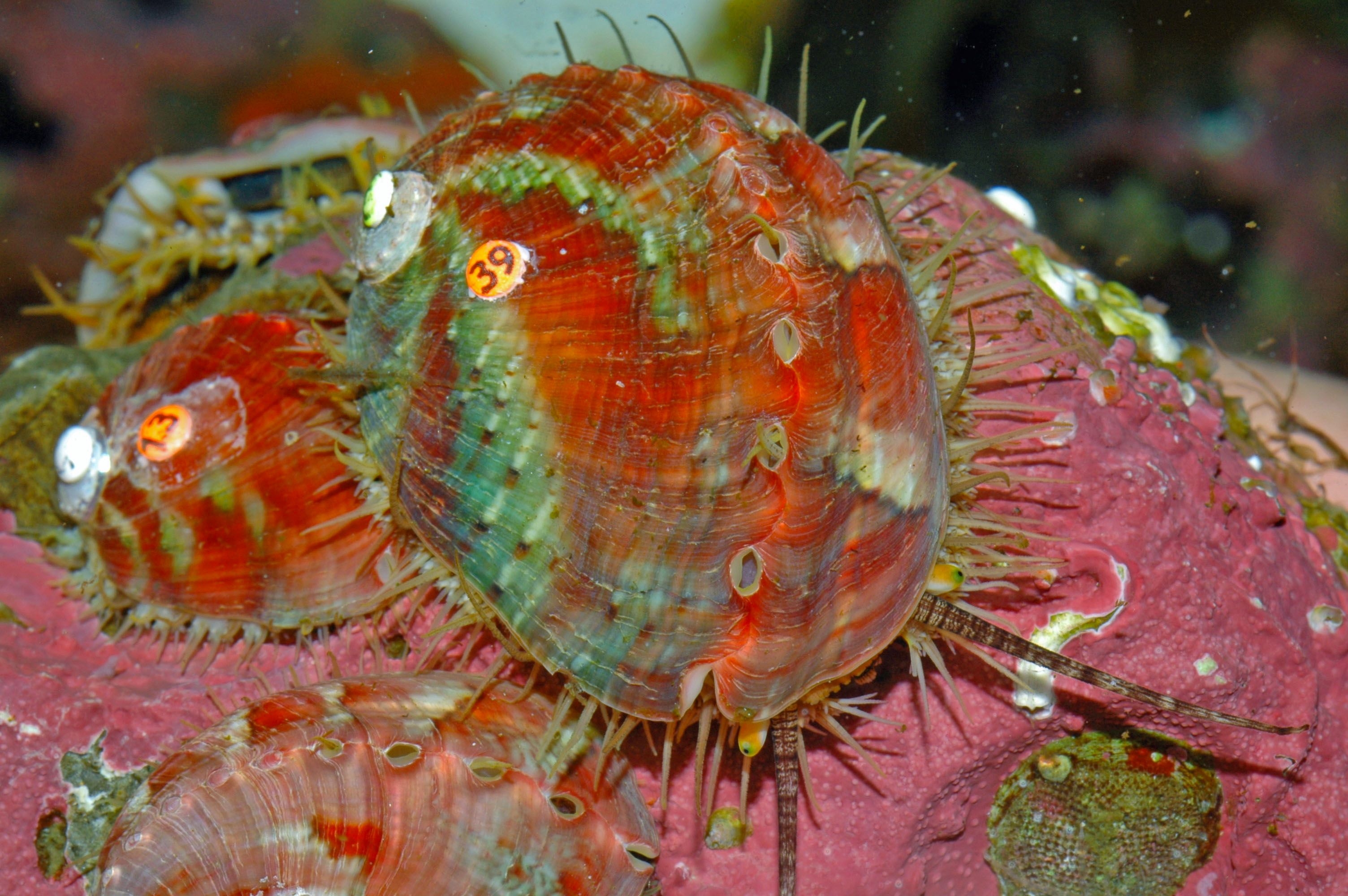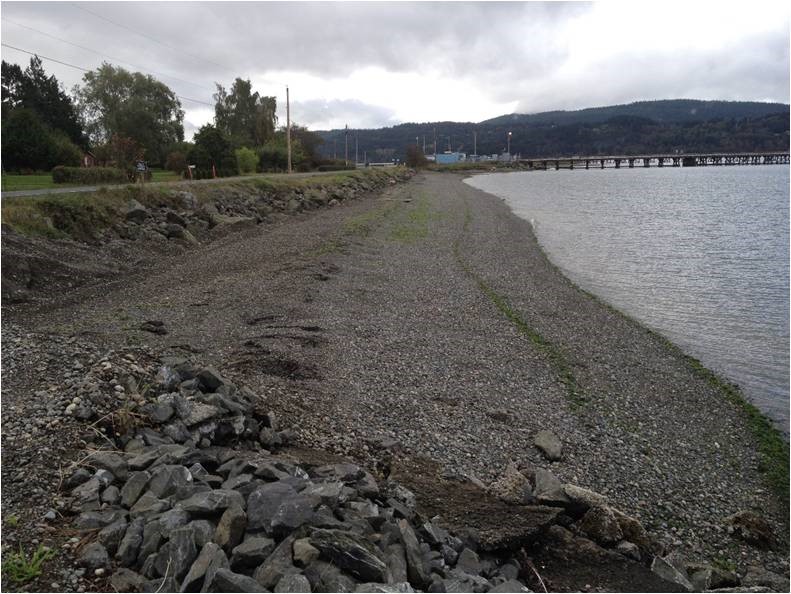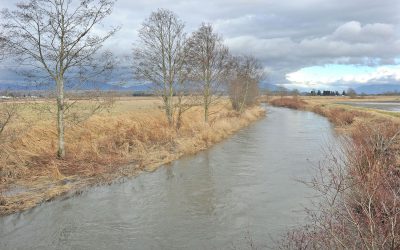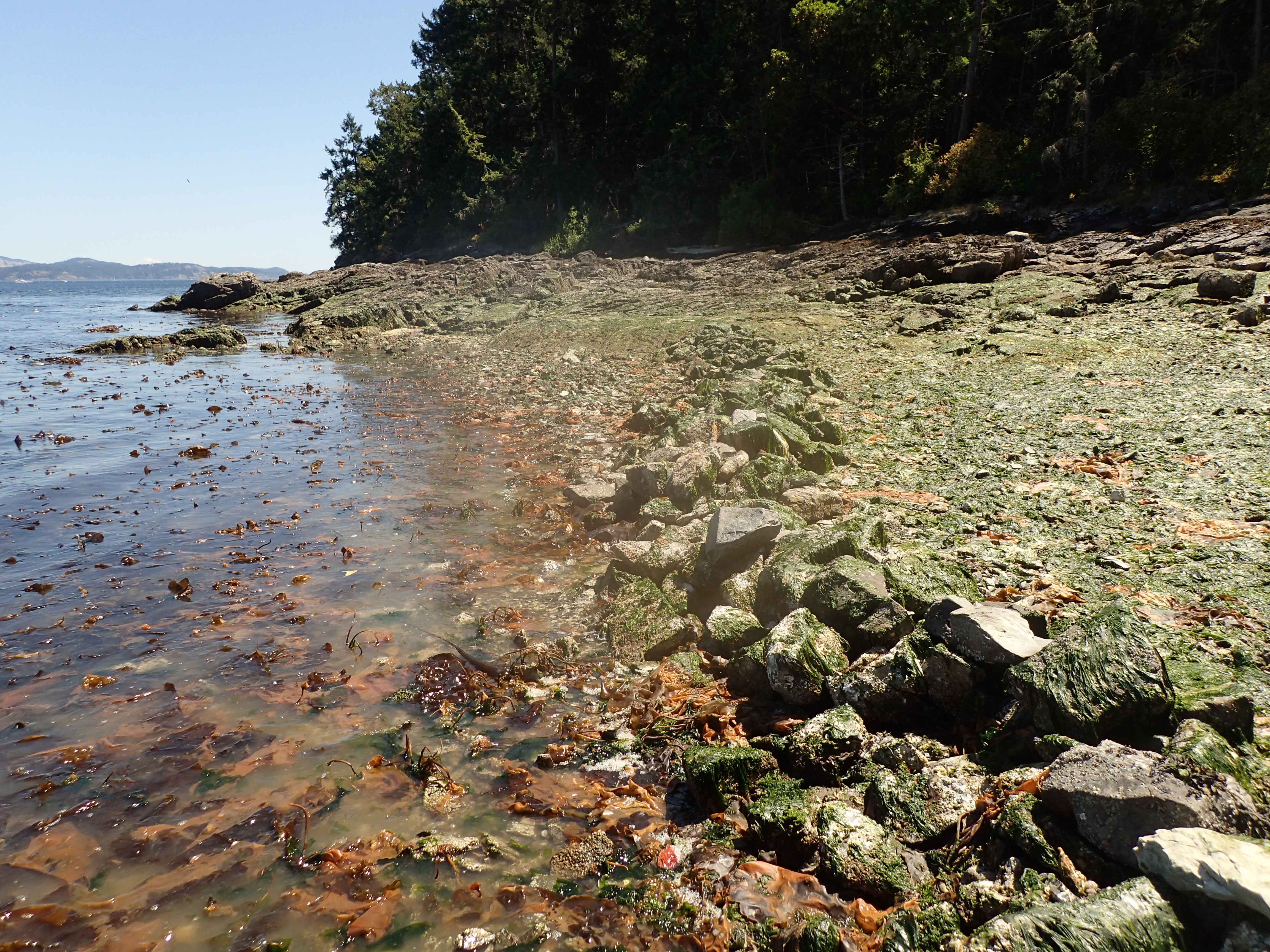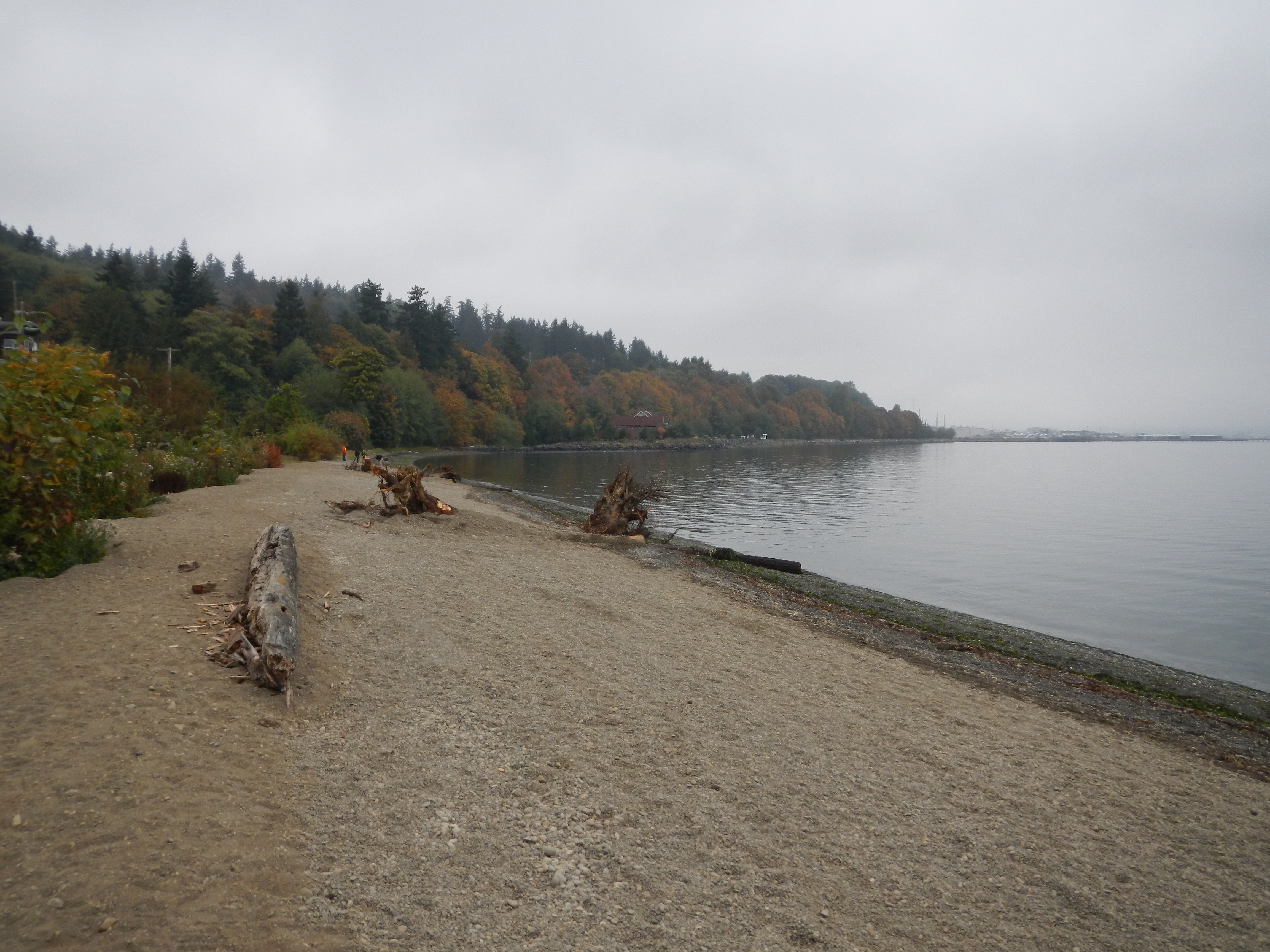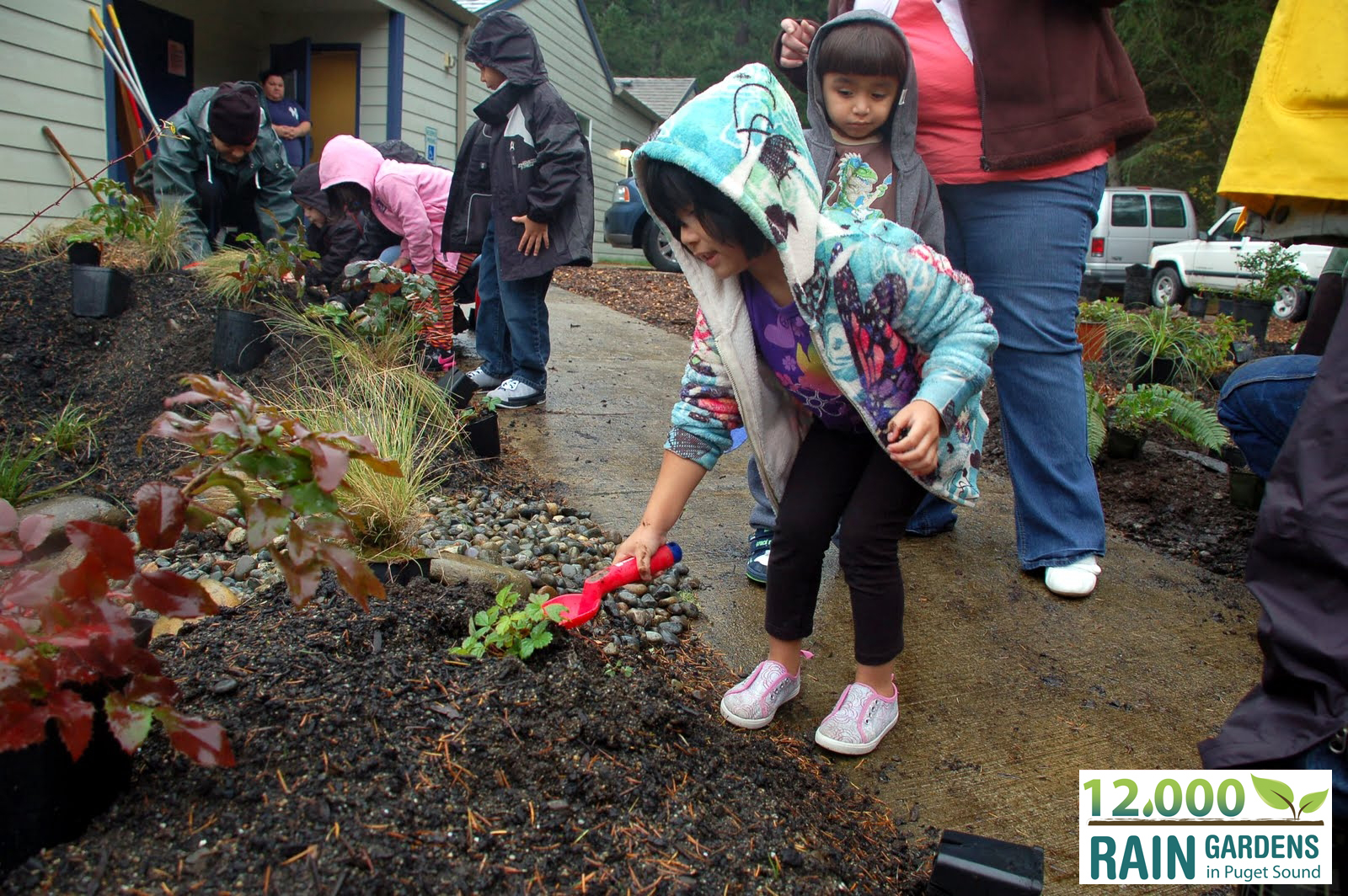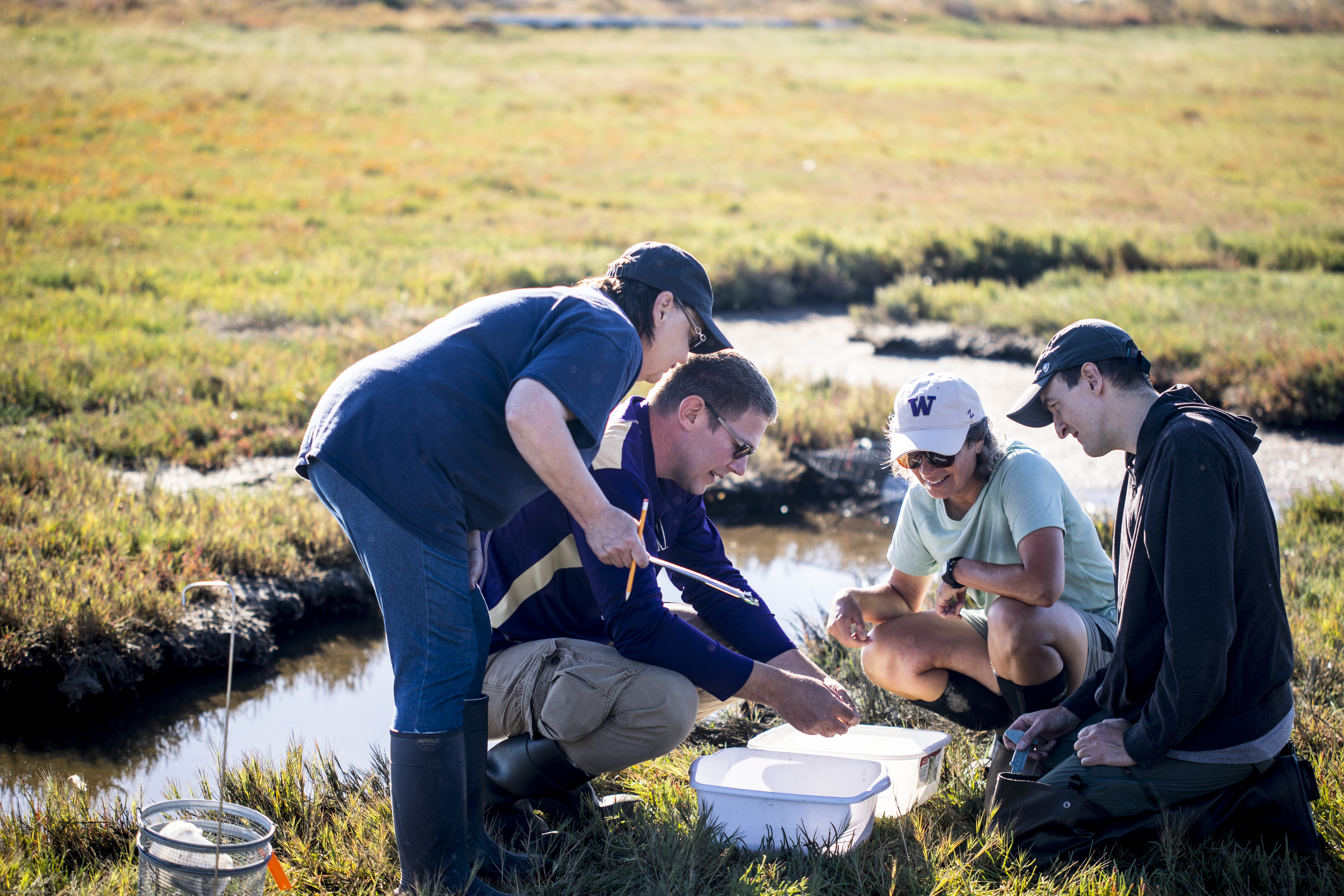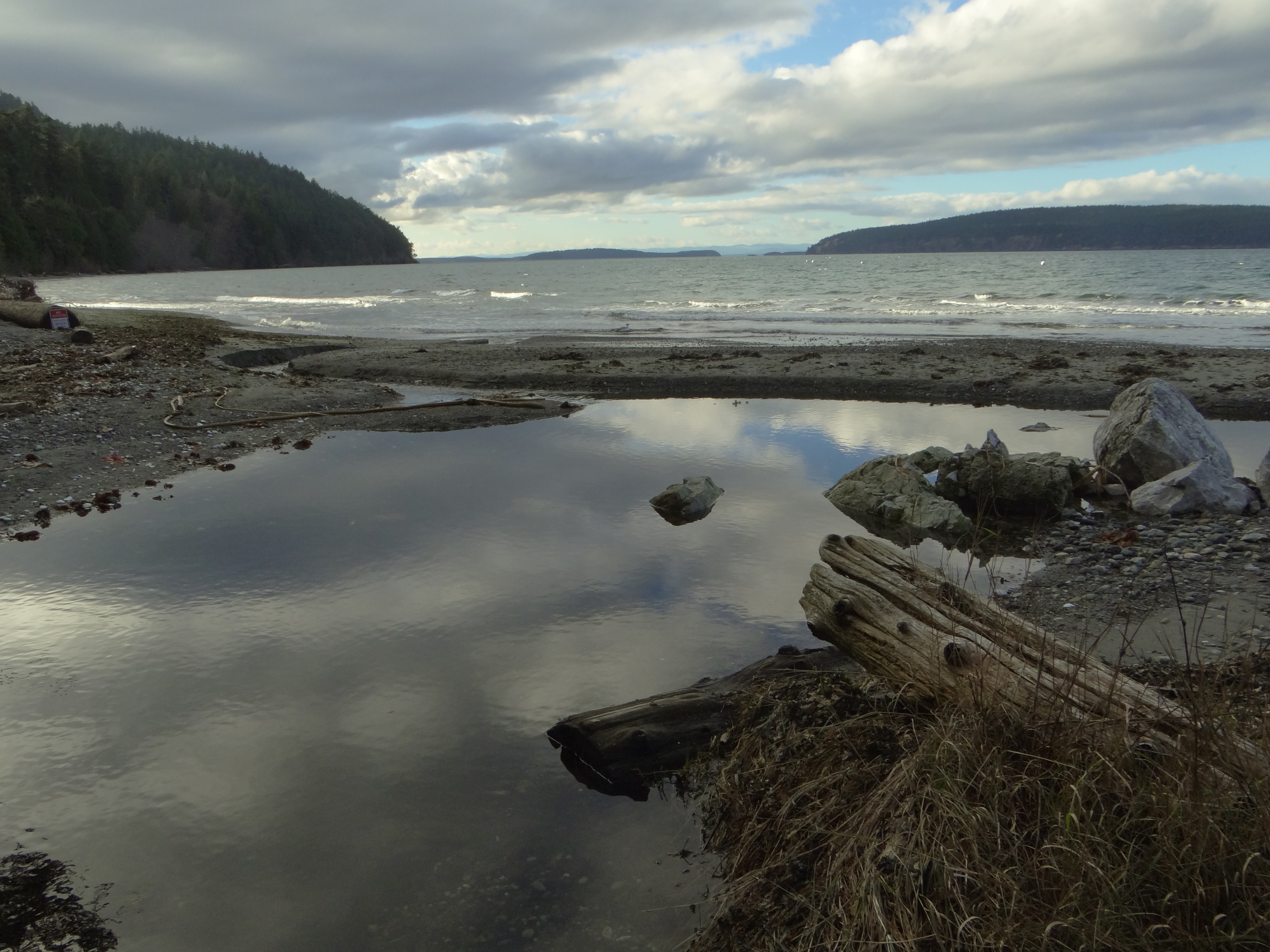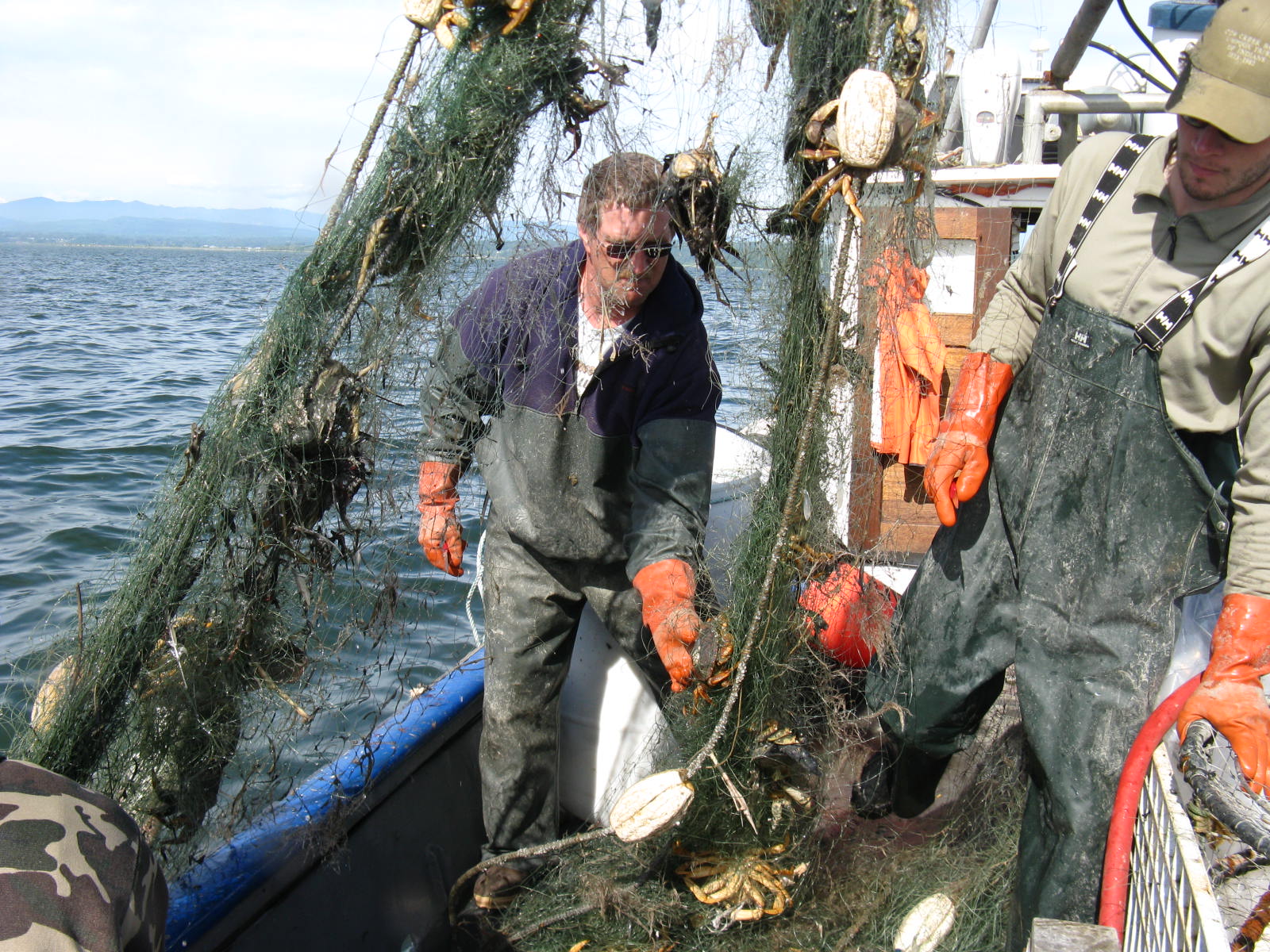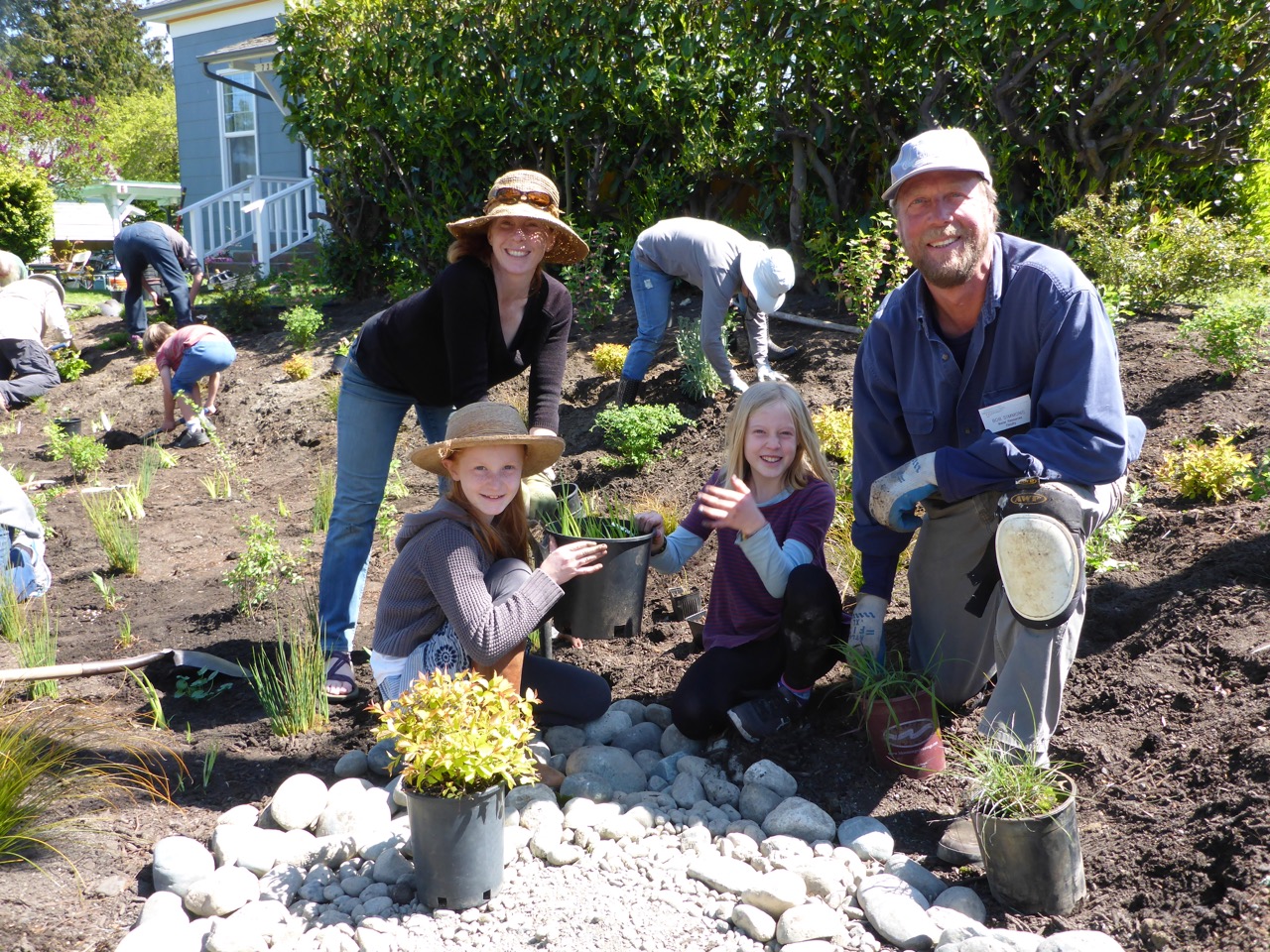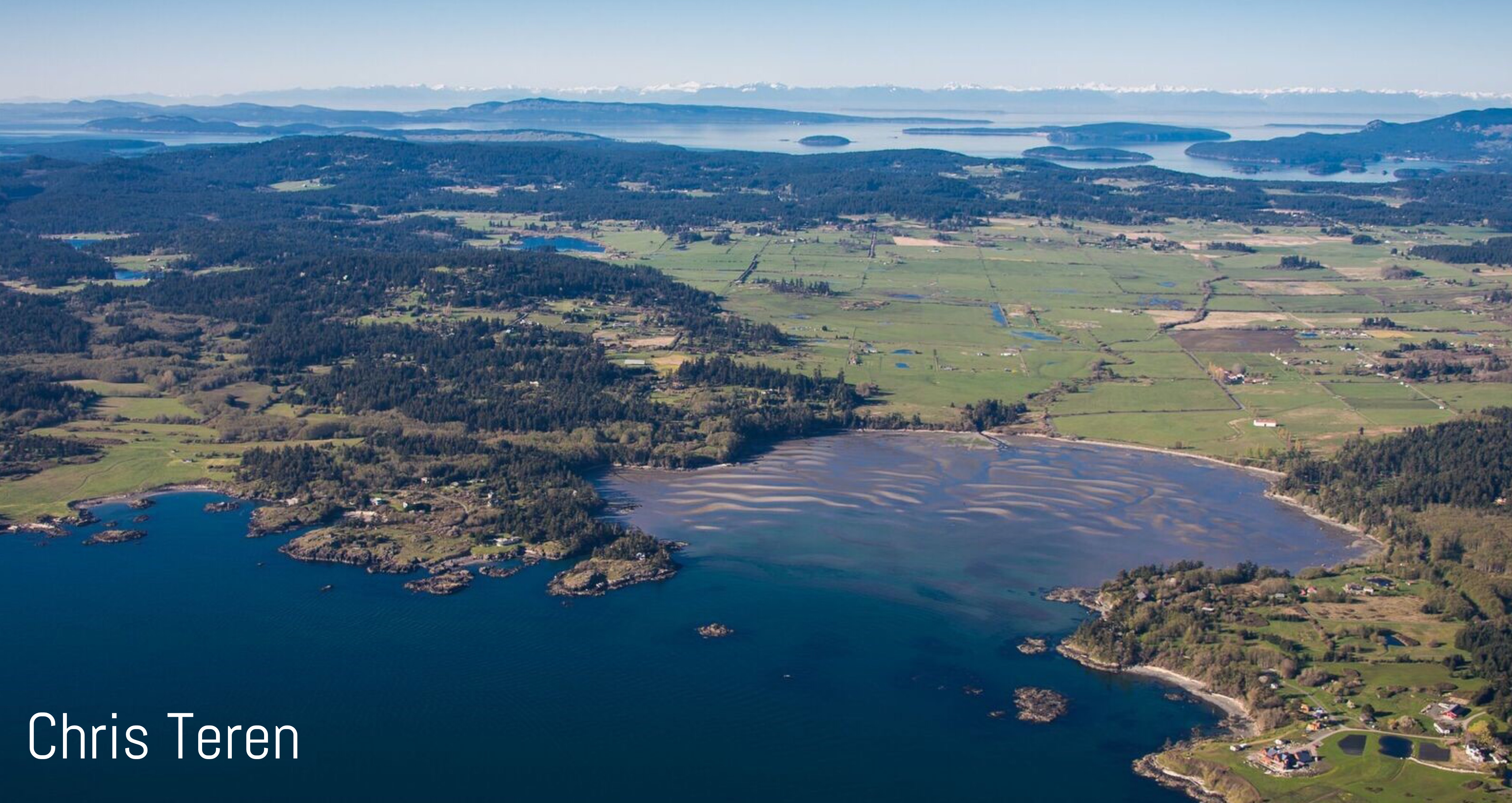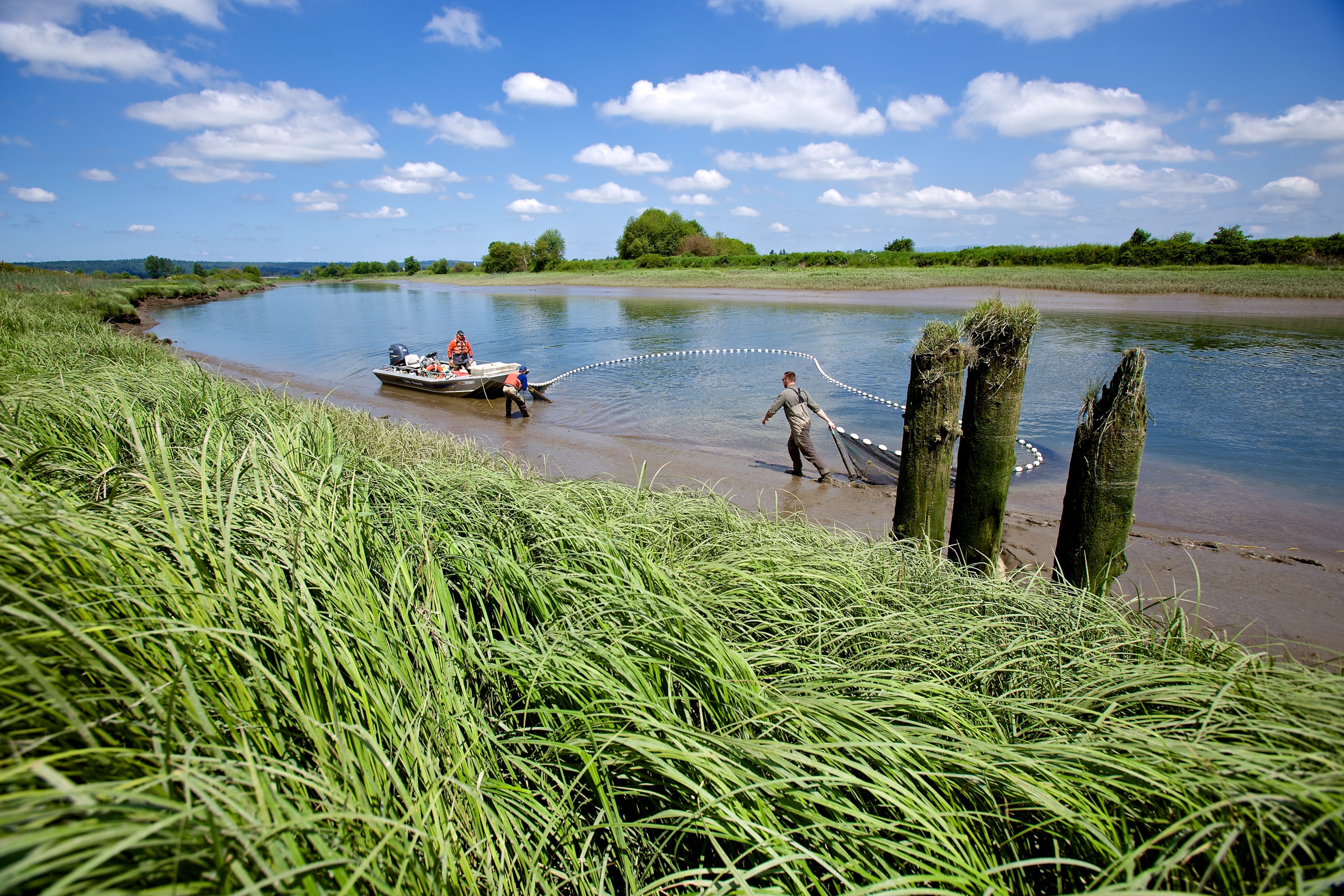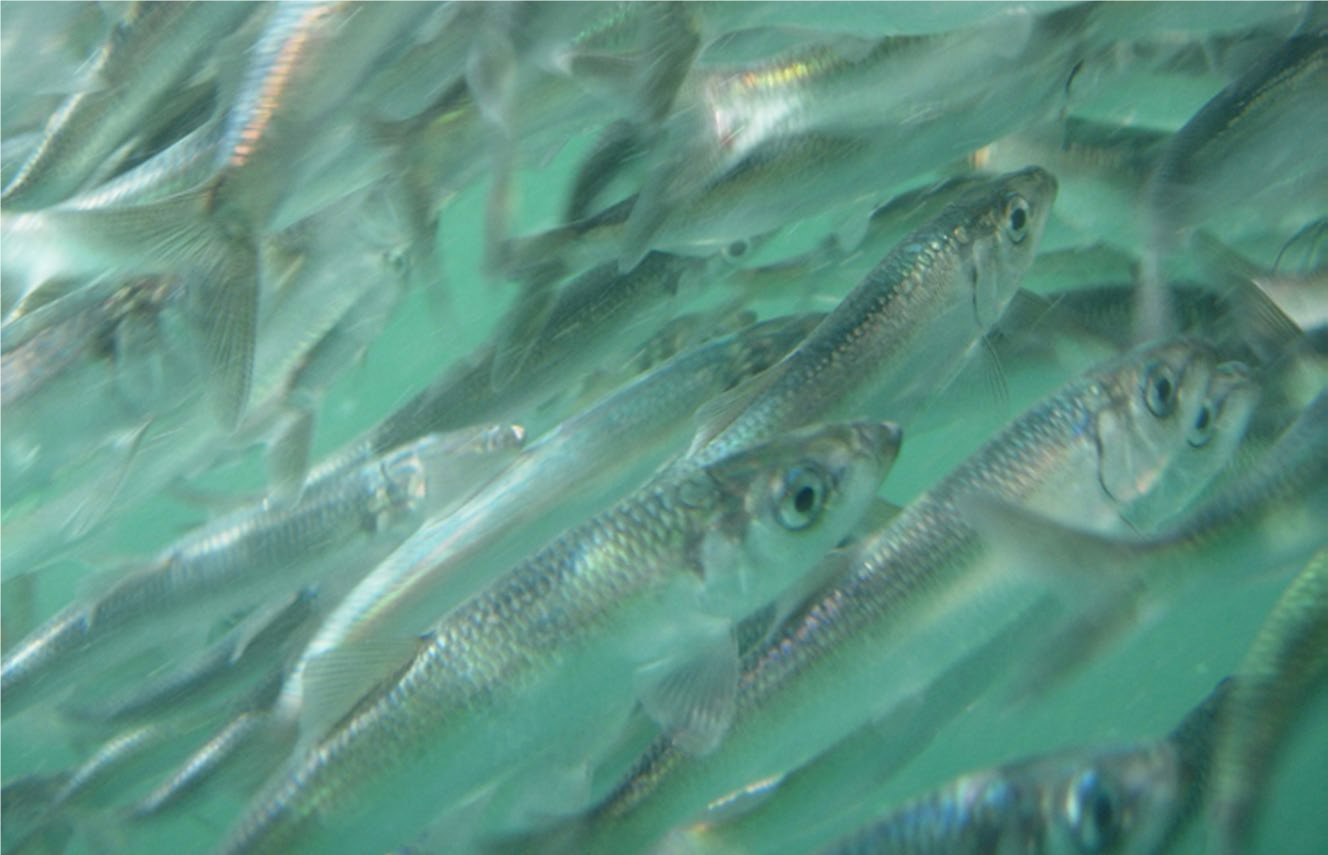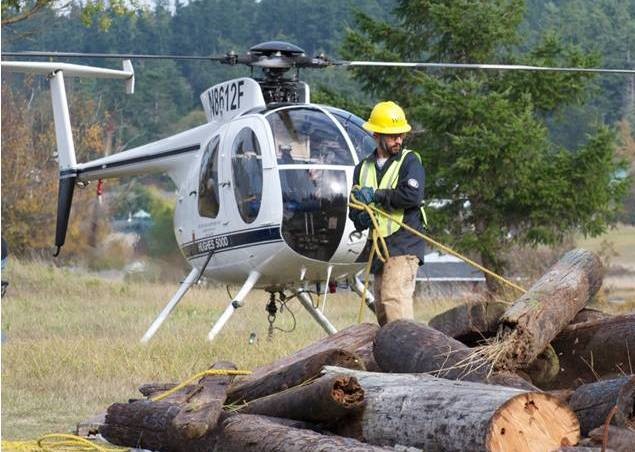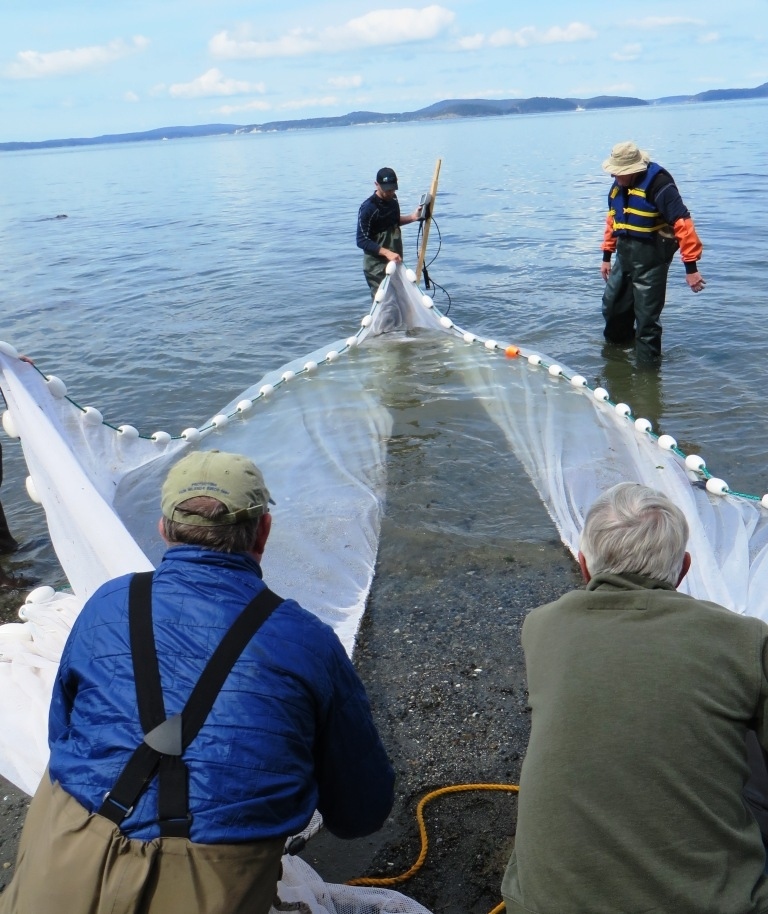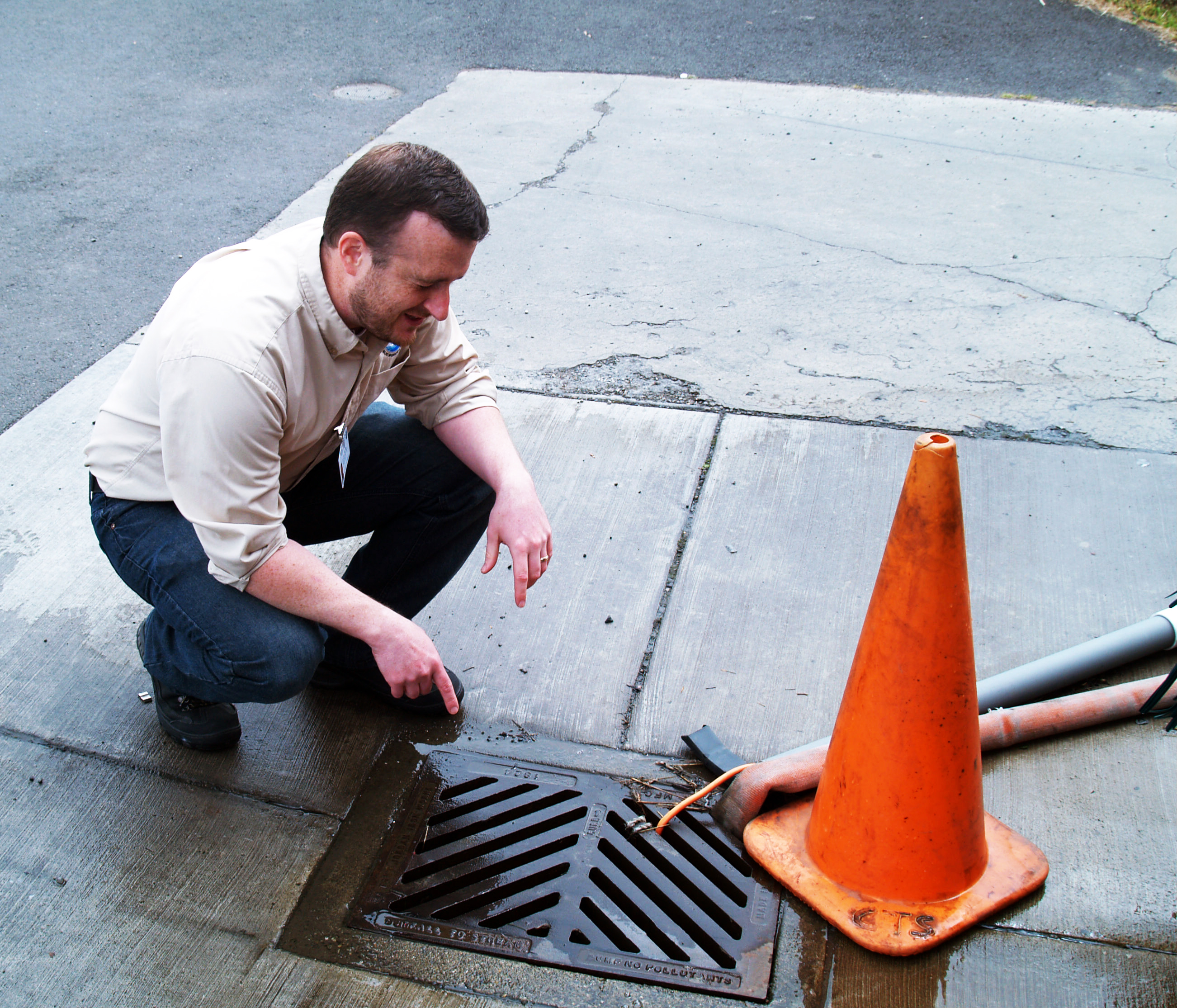Helping drivers prevent pollution from drips and leaks Each year, vehicles driving around Puget Sound leak approximately 7 million quarts of vehicle fluids, including motor oil, fuel, lubricants and more into the Puget Sound watershed. Oil and other petroleum products...
Regional On-site Sewage System Loan Program
Helping homeowners repair or replace failing on-site sewage systems The Regional On-site Sewage System Loan Program (RLP) in Washington State consolidates multiple county-level on-site sewage system loan programs into a single public-private partnership between the...
Olympia Oyster Restoration
Rebuilding native oyster beds and important habitat The Olympia oyster is Washington's original oyster. As our only native oyster species, they help keep our estuaries healthy by providing habitat for a diverse community of organisms. The oysters grow in aggregations,...
Restoration of the Pinto Abalone
Recovery of an iconic shellfish species to Puget Sound Abalone are large marine snails important to the food web. The pinto abalone is the only abalone species found in Washington waters. This native species has cultural and ecological significance, grazing rock...
March’s Point Nearshore Restoration
Rebuilding beaches for forage fish March's Point is located on the northeast opening to Fidalgo Bay in Skagit County near two oil refineries. After an oil spill at the site in 1991, a large volume of beach sand was removed as part of the clean-up. The beach continued...
Weaverling Spit Nearshore Habitat Restoration
Removing bulkheads to create habitat for forage fish Weaverling Spit is located on Fidalgo Bay, and is traditional homeland of the Samish people. Bulkheads made of concrete, creosote-timber, or rock piles were originally built to protect property, but the bulkhead was...
Washington Sea Grant Crab Team
Engaging citizen science volunteers to protect the Salish Sea from invasive European Green Crab The European green crab is listed by the International Union for Conservation of Nature (IUCN) as one of the world's 100 most damaging invasive species. European green...
West Beach Creek Dam Removal
Restoring the connection between stream and sea West Beach Creek is one of the few streams in the San Juan Islands without a natural barrier, and so it was historically accessible to salmon. The Northwest Straits Foundation removed a small dam that had been built to...
Northwest Straits Marine Conservation Initiative
Local people. Local solutions. The Northwest Straits Marine Conservation Initiative catalyzes and empowers local communities to conserve and restore their marine resources. Established in 1998, the Northwest Straits Commission provides funding, training and support to...
Puget Sound National Coastal Wetlands Conservation
In early 2017, the U.S. Fish and Wildlife Service awarded the Washington State Department of Ecology with $4.7 million in National Coastal Wetlands Conservation grants to fund six projects to restore and protect wetlands in Puget Sound and the Grays Harbor area. The...
Salish Sea Marine Survival
Endangered Species Act listed Puget Sound Chinook salmon populations have plummeted by 50% since the mid-80s and steelhead have experienced even steeper declines. Research points to marine survival as the missing link to recovery. The Salish Sea Marine Survival...
Chambers Bay & San Juan Islands
Chambers Bay was the site of the 2015 United States Golf Association U.S. Open tournament. Hood Canal is home to the deepest part of Puget Sound. Both are beautiful places—but herring don't care about the scenery. They come to spawn. These sites, along with...

